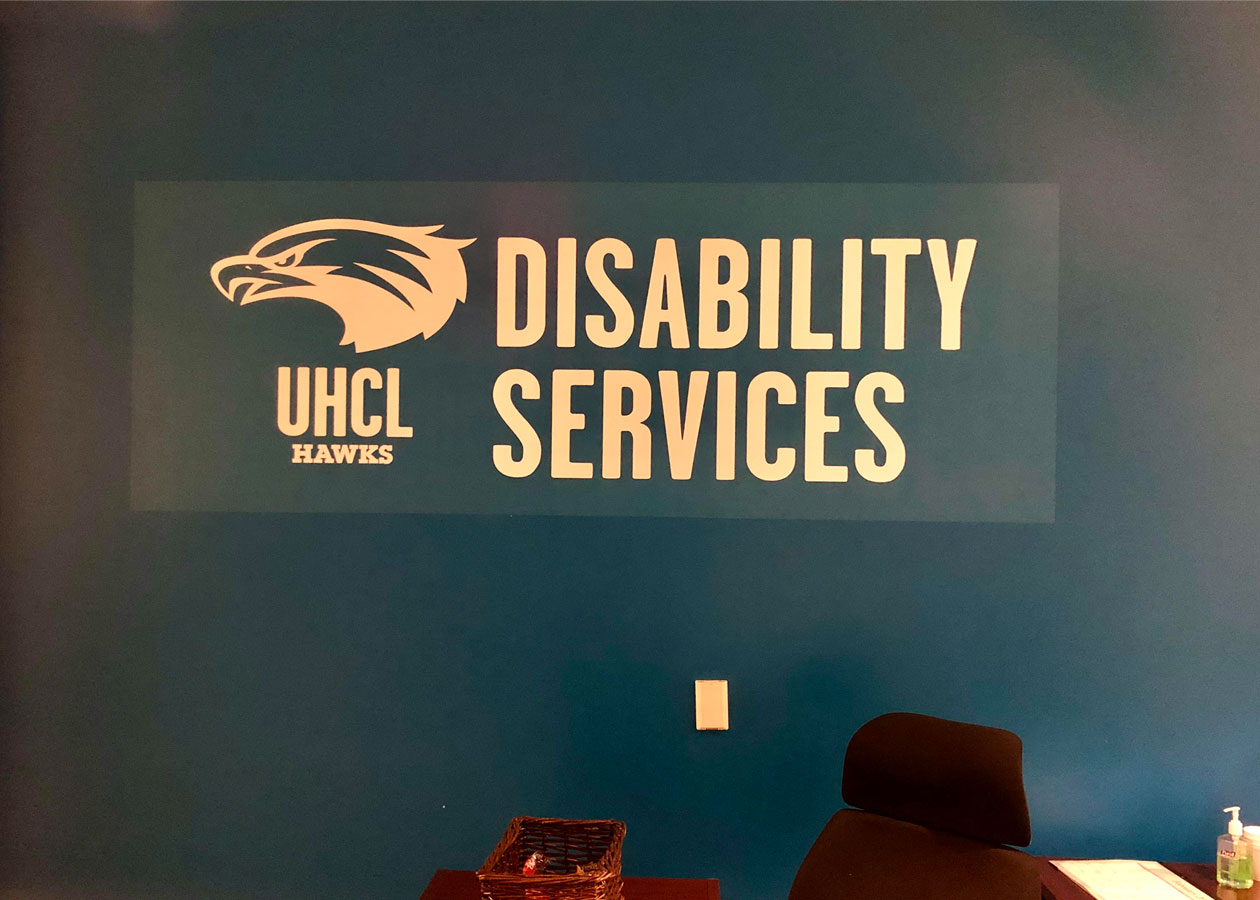Accessibility Support Center offers students resources to succeed

The Disability Services Office has officially changed its name to the Accessibility Support Center. The center assists student’s learning experience by providing access to services and facilitating accommodations to foster an all-inclusive campus environment.
“Honestly a lot of people didn’t like that the word ‘disability’ was in there and it just wasn’t very student-friendly,” said Leslie Thomas, coordinator of the Accessibility Support Center. “Having that word ‘disability’ in front of everything made people feel very put off and intimidating about coming here and declaring that they needed accommodations. We’ll work with facilities and different departments to find solutions to accessibility, and so the new name encompasses more of that.”
The name change comes as the Americans Disabilities Act (ADA) is entering its 30th year since becoming a law in 1990.
The purpose of this law is to ensure those with disabilities had equal opportunity and guaranteed them equality in public accommodations, employment, state, and local government services and telecommunications. The ADA National Network explains on its website.
In1973, Section 504 of the 1973 Rehabilitation Act was passed. This was the first civil rights law to be enacted in the United States that banned discrimination, exclusion and/or segregation of those with disabilities as an act of discrimination. For the first time in history, people with disabilities were recognized as a minority group. This was the first step that led to making it law.
“The number one minority group in this country are those with disabilities if you count it up by the numbers,” Thomas said.
Dean of Students David Rachita said accessibility is fundamental to student success.
“Accessibility is necessary in how higher education works on an access model,” Rachita said. “Public education has to be accessible to everybody; those who have disabilities or accessibility issues need legal accommodations to make it accessible for them.”
A current student, who asked to be acknowledged by her first name only, Brysa, uses the support services and points out that not all accessibility issues are visible.
“I feel like people who have a need for this can come to the accessibility service office with no shame,” Brysa said. “The word ‘disability’ does have a bad connotation to it, and it makes me feel less than others, but you wouldn’t know I came here by looking at me, to be honest. I just wished they would’ve done it sooner or at least improve more than doing other unnecessary changes.”
Services provided by the Accessibility Support Center include accommodations up to but are not limited to: extended time for tests; testing in a reduced-distraction environment; note-taking assistance; permission to audio-record lectures; texts in electronic formats; sign language interpreters; and ADA compliant software/work stations.
The Accessibility Support Center also provides letters to students and professors confirming that the student is registered with the center, as well as accommodations for veterans with disabilities.
Alexis Hines, student tech worker in the Accessibility Support Center, said computer software is one of the services that students might not know about, which can improve students’ learning capabilities
“The Center has software on our computers that are good for visually impaired students, as well as students without the use of their hands,” Hines said. “Those softwares will either read out text or the student can speak directly to the computer in order to do assignments.”
The services Hines refers to can be found at the Neumann Library, Room 4, and include ADA Compliant Workstations where they offer JAWS (screen reader software), MAGic (screen magnification software), Dragon Naturally Speaking (voice recognition software), CCTV to enlarge books/texts, and a computer with a large monitor.
For those requesting the use of these services, students first need to register at the Accessibility Support Center. In order to be able to receive accommodations and have a documented disability, students must:
- Submit the online student application, which can be found on the Accessibility Support Center website.
- Submit documentation of the disability. The documentation guidelines can also be found on the Accessibility Support Center’s website.
- Arrange for an appointment to meet with an Accessibility Services staff member. If unable to meet in person, they will talk with you via phone.
- The request will then be submitted to the Academic Accommodations Evaluation Committee. For more information on that process, see the accessibility Support Center website.
For additional information, contact the Accessibility Support Center, located in SSCB 1.302, at 281-283-2648 or disability@uhcl.edu.

